Britain isn't in the grip of mass violence
The far right are trying to whip up fear and panic with lies
The mass stabbings on a high speed train in Cambridgeshire have understandably provoked widespread horror. A train worker - rightly described as “heroic” after trying to protect passengers - has life threatening injuries. 10 passengers were attacked - including one man who courageously protected a young girl - and everyone involved will suffer some form of trauma.
This sort of attack causes so much shock in part because a random mass stabbing is particularly grisly, and because it’s so easy to imagine yourself in the scenario. The vast majority of people have been on a train journey - about two thirds of the population use a train each year - and can easily visualise being in these horrific circumstances.
The increasingly extreme British right have predictably seized on this tragedy. It comes five days after an Afghan refugee in Uxbridge stabbed a man to death and maimed two others, and after a British Syrian man attacked a Mancunian synagogue a month ago.
After the Cambridgeshire attack, British right-wingers were openly relishing the prospect that it was terrorism or to something to do with migrants.
Rupert Lowe, an MP formerly elected under the Reform UK banner, wrote a letter to the prime minister declaring that once again “our communities have been shattered by brutal, senseless and barbaric violence”, that we “must not accept it as the new normal”, and demanding the mass deportation of undocumented migrants.
The attack has nothing to do with migrants. The suspect is a born-and-bred Briton. The police have confirmed that no evidence links the incident to terrorism. So right-wingers are instead now seizing on the fact the suspect is Black.
We are being encouraged to think that immigration and diversity has made Britain less safe.
But the facts tell us otherwise.
Violence in the UK has plummeted since the 1990s. Your risk of being attacked by a stranger is roughly half what it was at the turn of the century.
Note: this is from the Crime Survey of England and Wales, which interviews 34,000 people a year - so a sample more than 30 times bigger than an opinion poll. Crucially, it includes violence that isn’t reported to the police.
The number of homicides is also about half the level it was 22 years ago. There were 518 homicide offences in the year ending June 2025: the lowest number since current police recording practises began in 2003. That’s despite the fact that our population has grown by around 10 million in the same period.
Homicides include murder, manslaughter, infanticide, and “causing or allowing the death or serious injury of a child or vulnerable adult).”
Most homicides are committed by people the victim knows. Only around a quarter are perpetrated by a stranger.
The biggest single circumstance in which a homicide is committed are fights and brawls. Most of those involved people who know each other.
The second biggest circumstance is domestic violence.
The number of people killed by a stranger during a burglary or robbery or by a disturbed individual is a small percentage of the overall homicide rate. (These figures are from 2019/20-2021/22).
The UK is almost bang on average for its rate of homicides in Europe.
For those who blame immigration and diversity: they should note that overwhelmingly white Lithuania and Latvia have the highest rate. Countries with large foreign-born populations tend to be in the bottom half - such as Germany, which has a higher foreign-born population than the UK.
It’s definitely true that “knife-enabled crime” is higher than it was in the early 2010s. That includes people being threatened with a knife.
But at the same time firearms offences are much lower than they once were.
And recorded hospital admissions “due to assault by a sharp object” are 4.1% lower than they were a decade ago.
One reason people may feel a sense of growing disorder is a very substantial increase in shoplifting since the pandemic.
But the facts are that people are much safer than they once were. The Cambridgeshire train incident was both horrific and unbelievably rare. It is the first mass stabbing on a Britain train ever. Bear in mind that there are 7.5 million trains setting off on journeys every year. This isn’t a one in a million event - it’s a one in a hundreds of millions event.
What is actually happening here is that two phenomena are colliding with each other: an increasingly more extreme political Right, and the weaponisation of social media.
The Right want to encourage people to believe that Western society is collapsing into violent disorder because of immigration and diversity. To what end? To drive out migrants, and people of colour - and to forge an authoritarian state.
People are being encouraged to focus on risks to their lives and safety that are much smaller than real dangers.
For example: road fatalities have massively declined since the 1980s, but 1,602 people were killed on the roads in 2023. In other words: about 18 times more people than were killed by strangers.
In 2023/24, 124 workers were killed in work-related accidents. That’s higher than the number of people killed by strangers. Another 604,000 workers suffered an injury at work. Compare that to the 150,000 or so people who suffered a violent injury at the hands of a stranger.
Despite the number of people smoking plummeting, that’s still killing tens of thousands of people every year - including over 3,000 people from second hand smoking.
But the much bigger risks to people’s lives are things like having a bad diet, lack of exercise, and excessive drinking. These have social determinants, and require tackling poverty as well as effective public health campaigns - like the anti-smoking campaign, which has saved so many thousands of lives.
The Labour Cabinet minister John Healey responded to the attack by declaring people should be “more vigilant”. What does this even mean? What in practical, tangible sense does being more vigilant mean? What should people have done differently on the Cambridgeshire train?
What people should actually do is get on with their lives, take normal, sensible precautions - and not allow themselves into becoming frightened about the small and diminished risk of being attacked by a stranger.
The ever more extreme Right - with the help of social media - are encouraging people to think that the real risk to their safety comes from being randomly attacked by someone who is a migrant or from a minority community. The facts show that Britain has certainly become more diverse, but it’s also become safer.
Those telling you otherwise are lying to you - because they know they will only flourish if you feel scared.



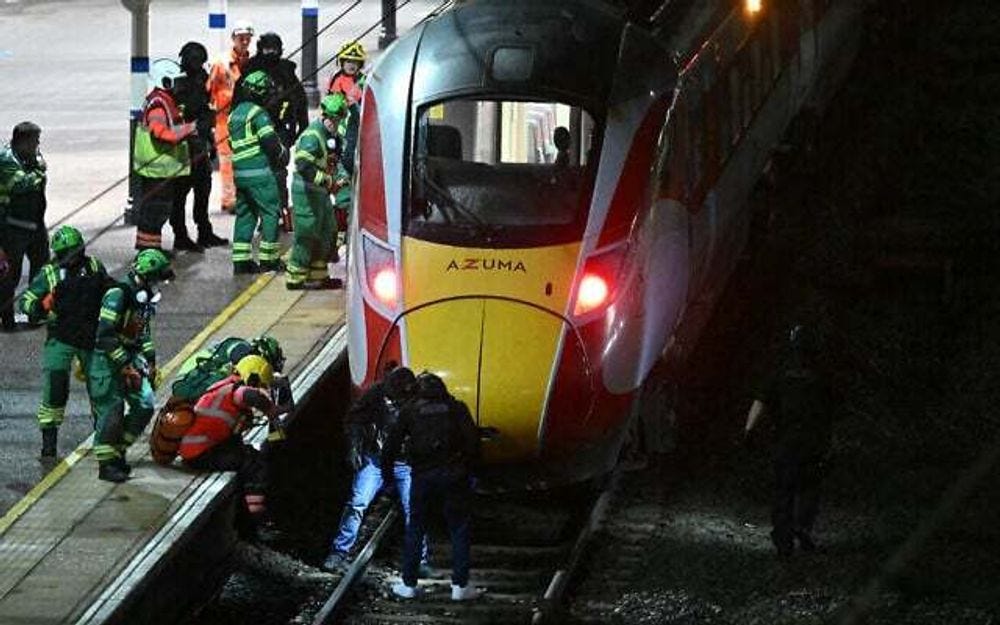
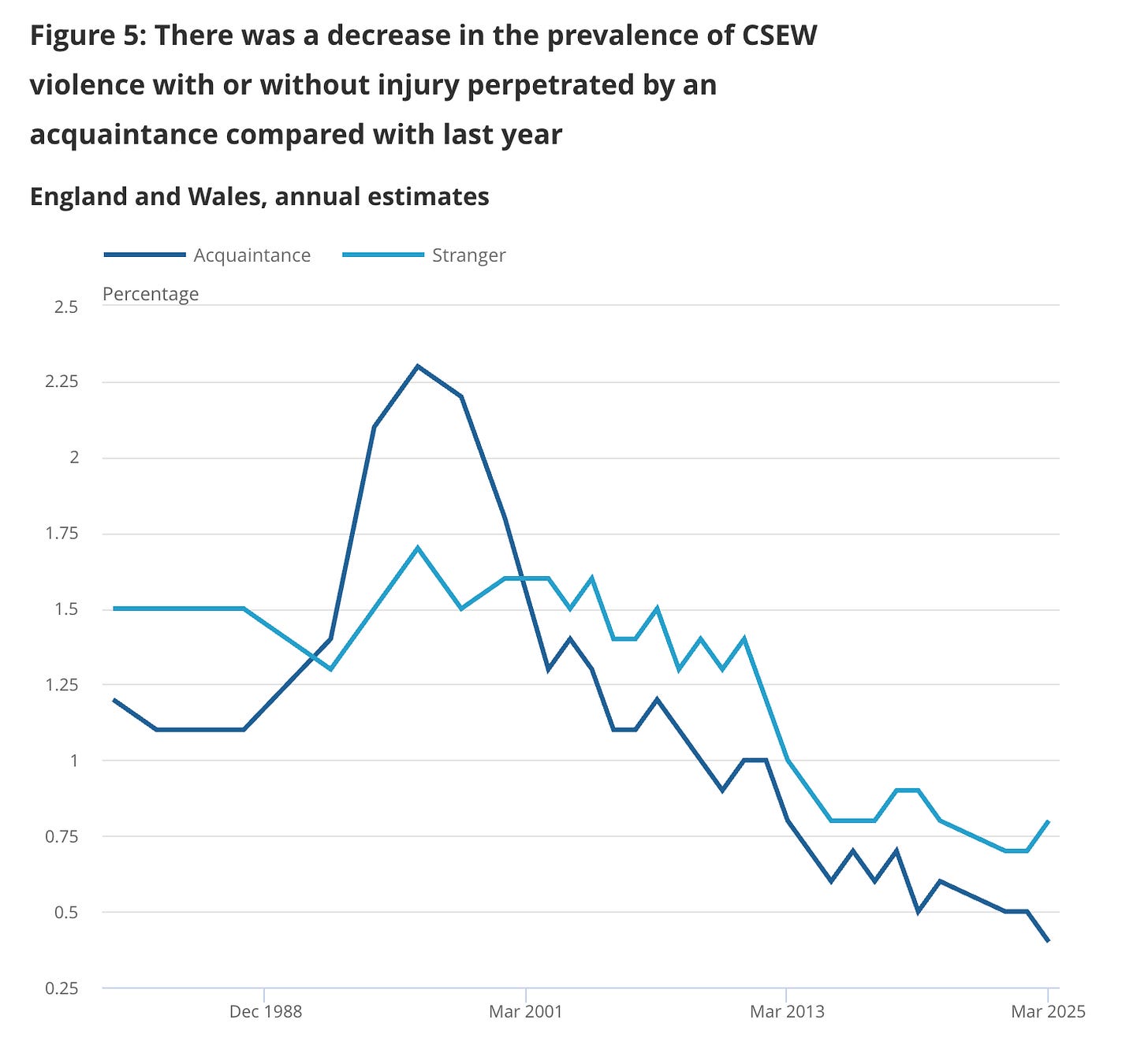
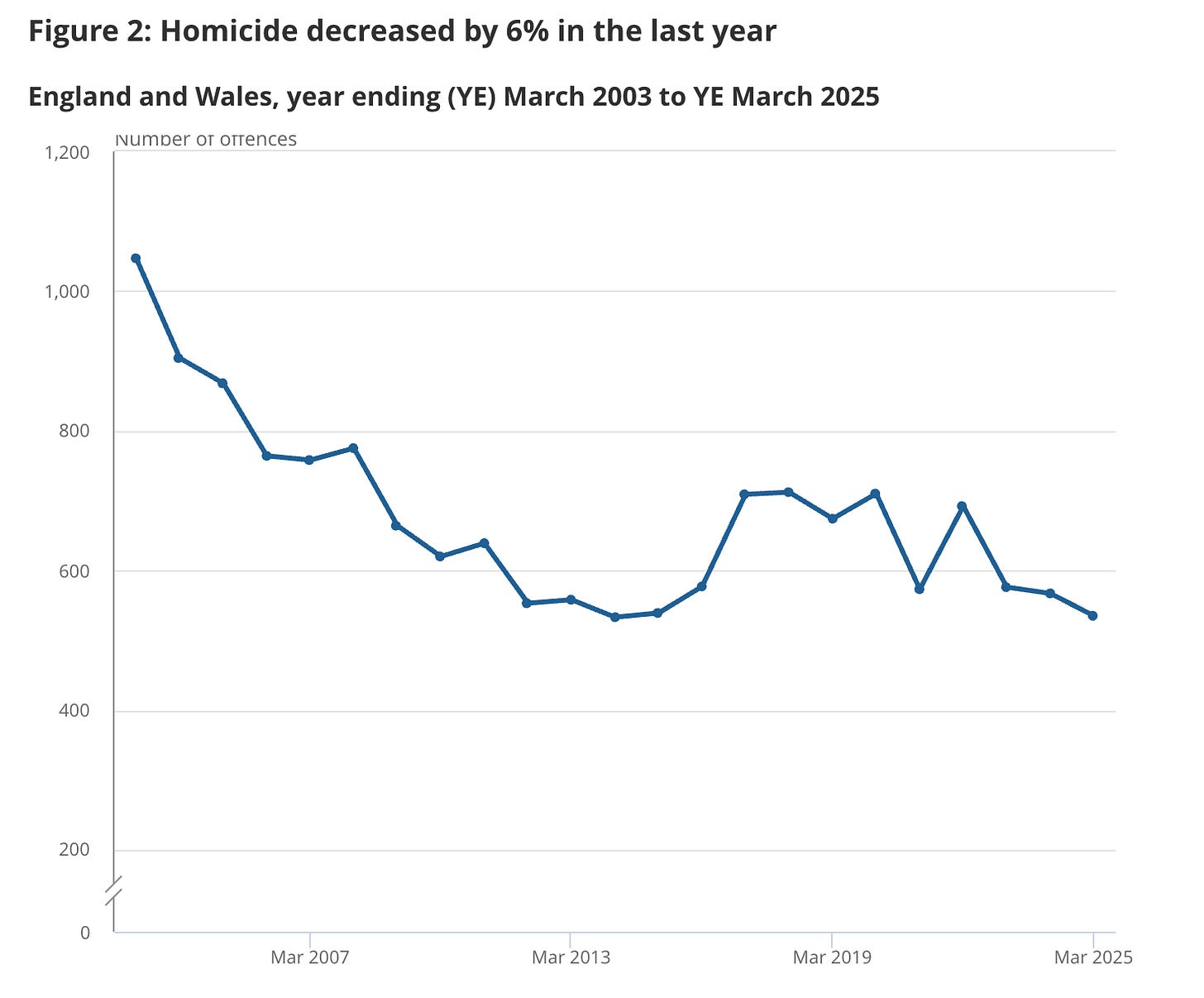
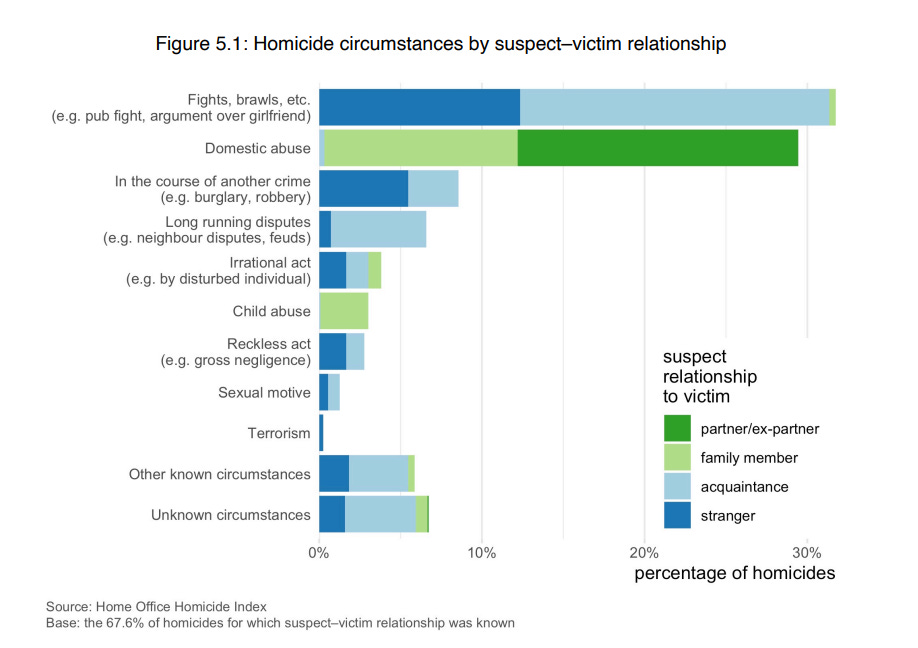
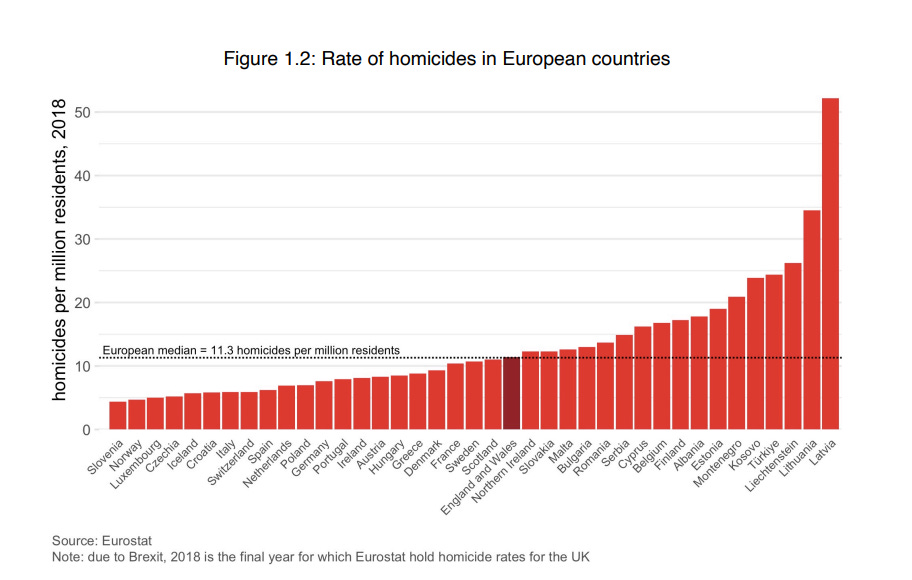
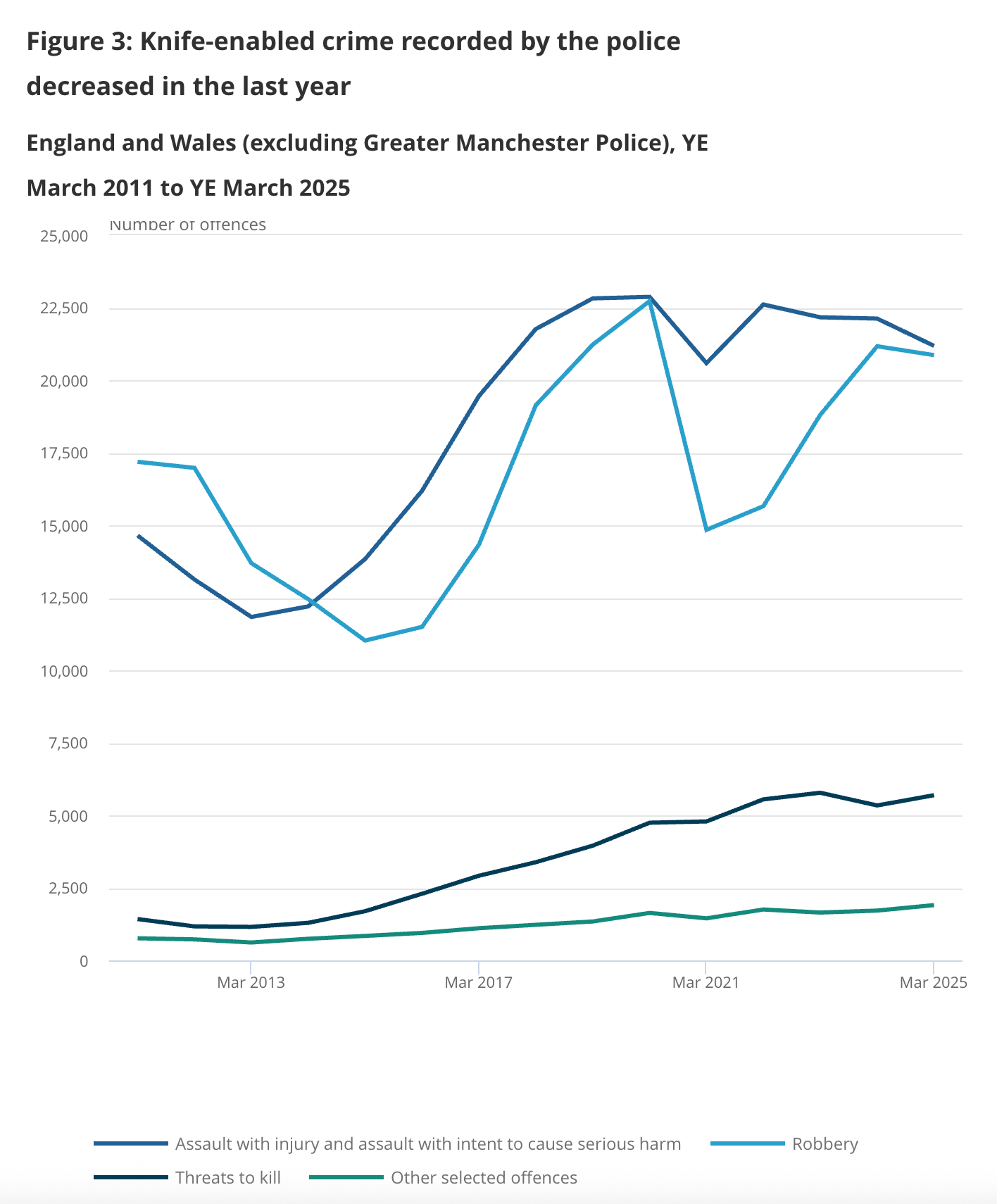
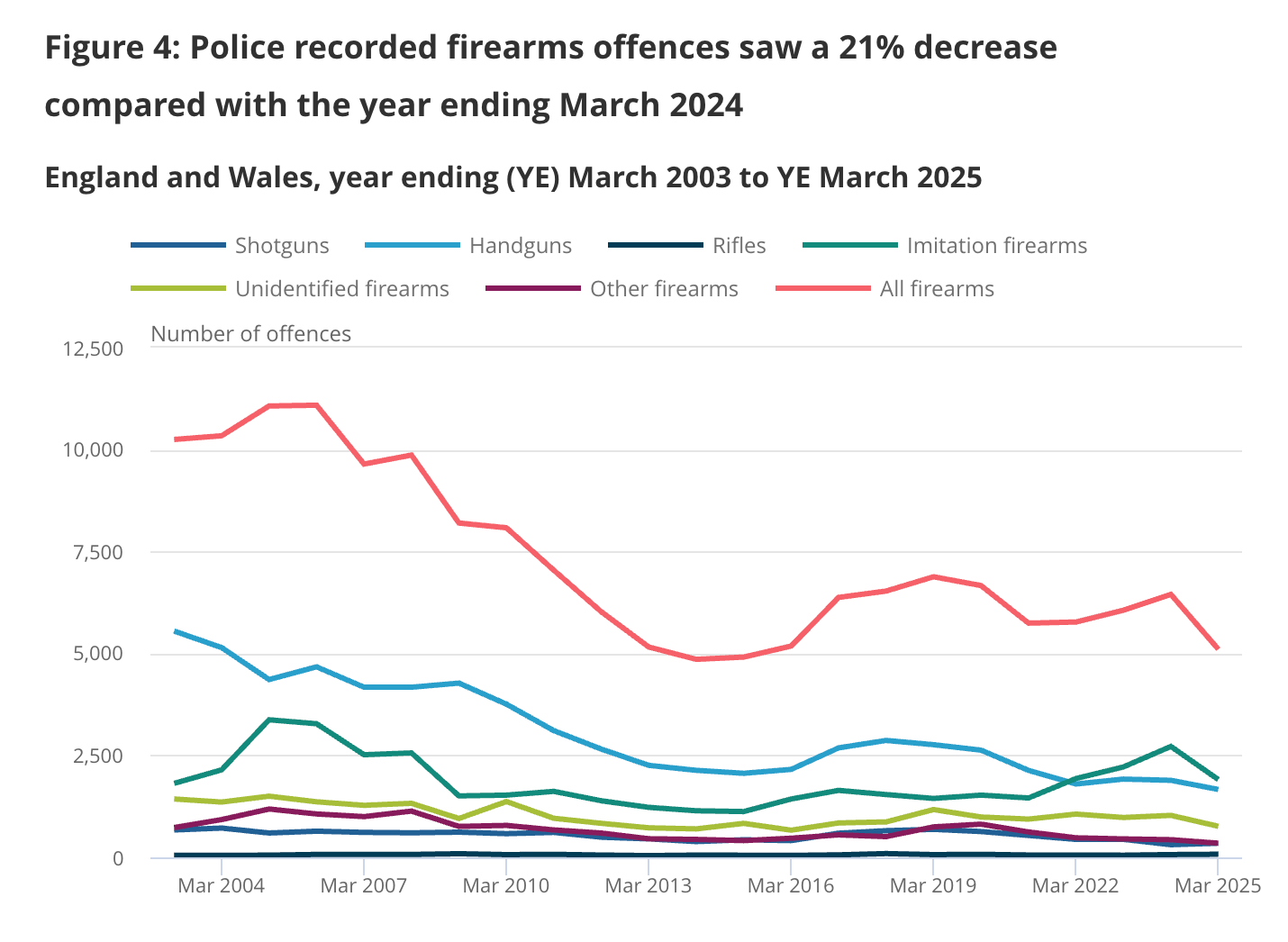
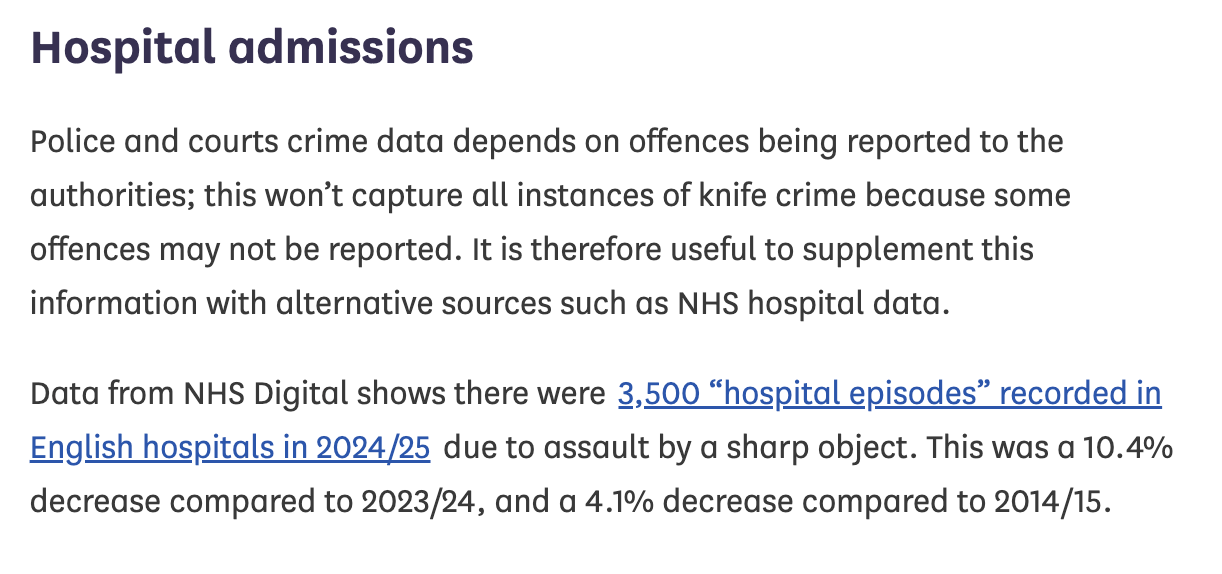
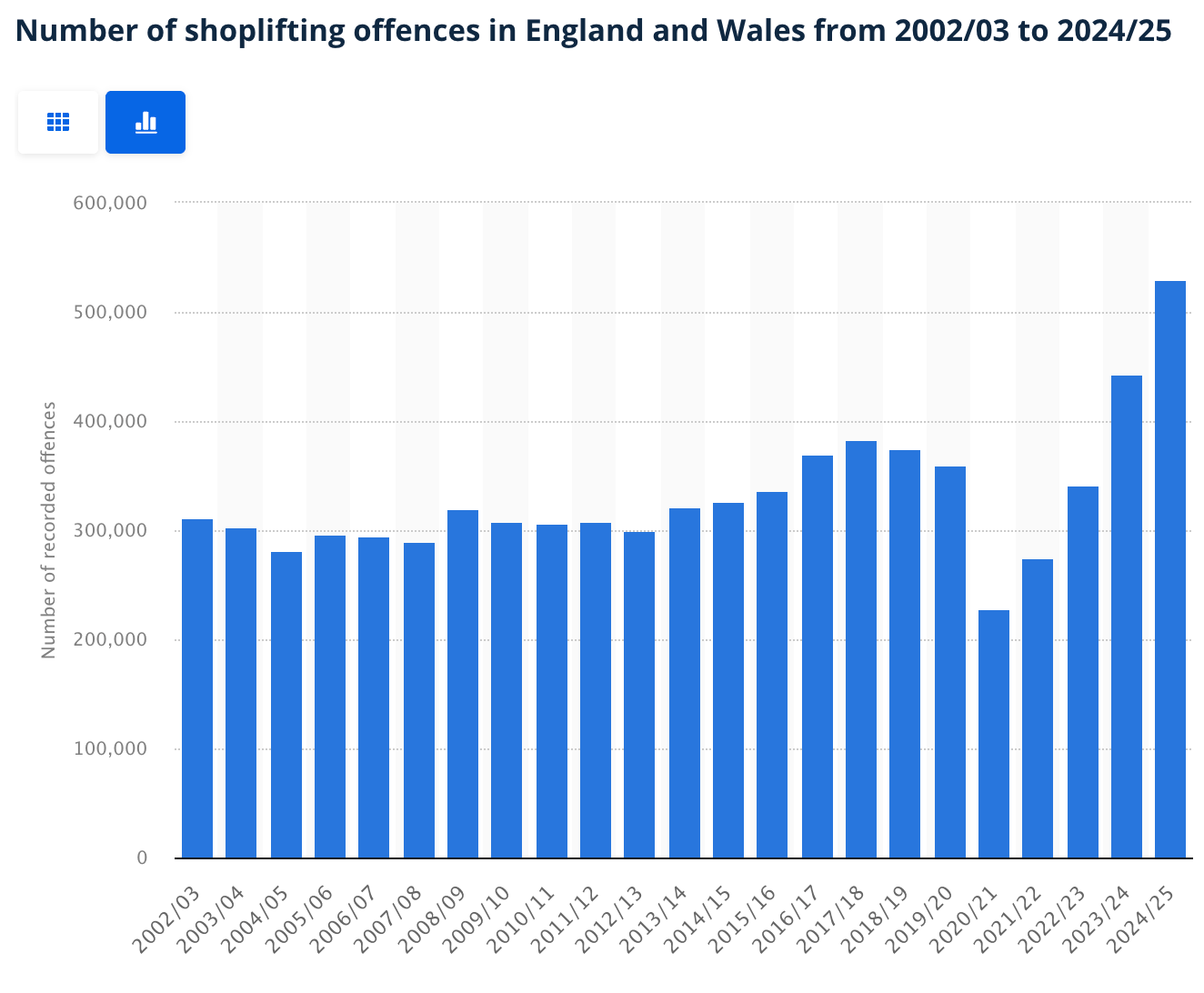
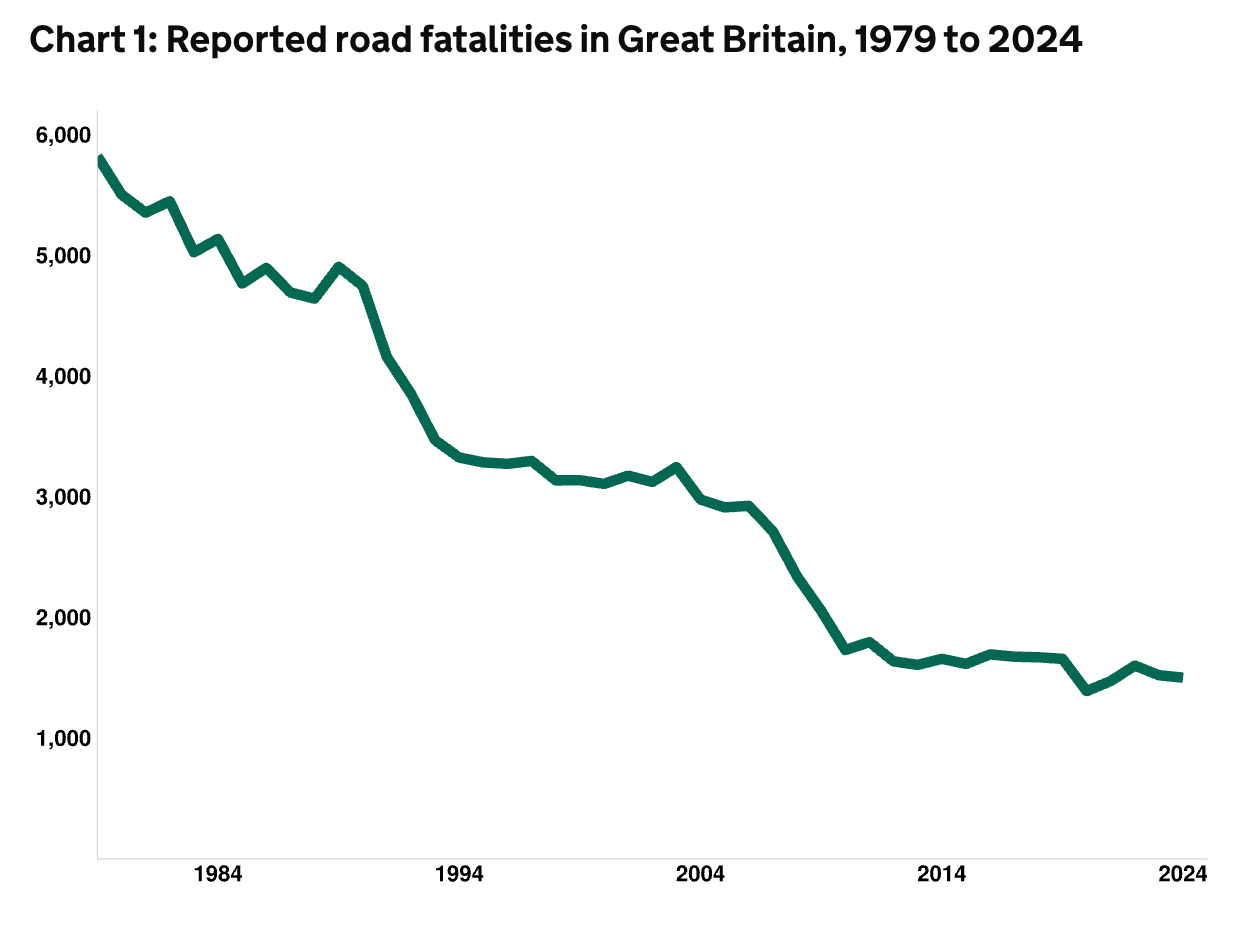
Brilliant piece - thank you Owen!
Well said Owen. Very much the same happens in Australia. The Right go nuts about stranger-stranger crime while workplace fatalities don't rate a mention. The road toll, deaths from alcohol and smoking - things we can actually foresee and prevent - are treated as inevitable tragedies.